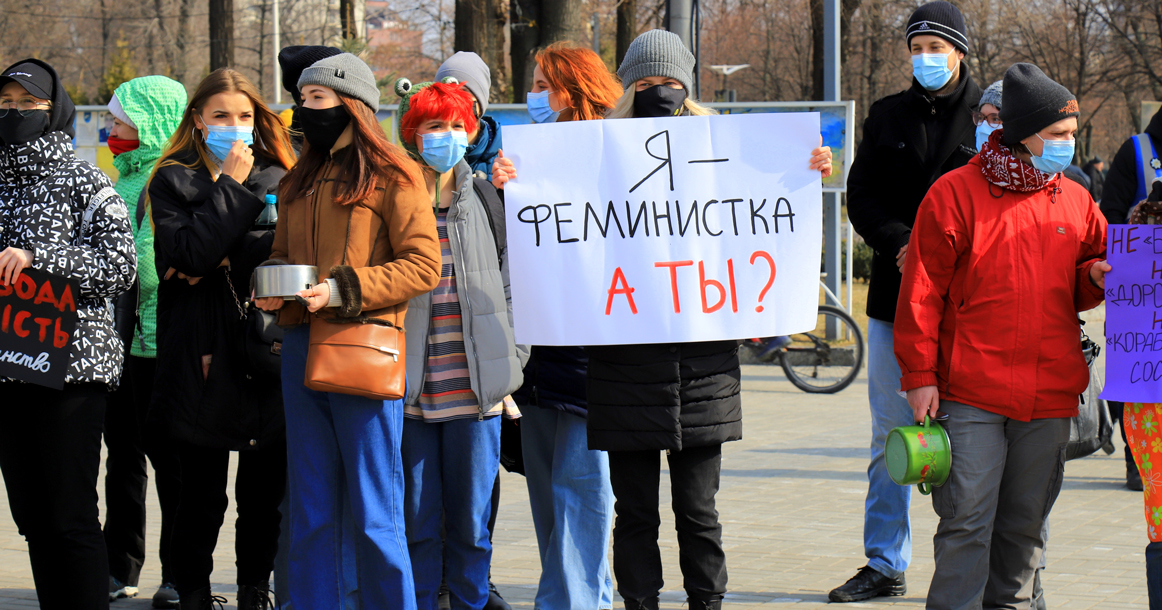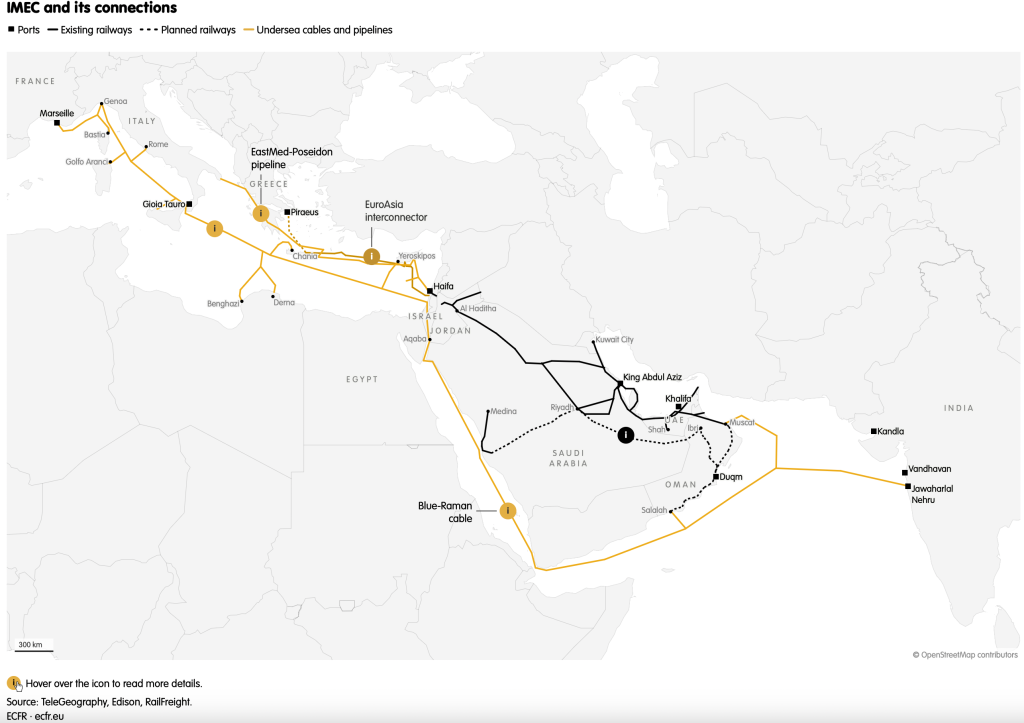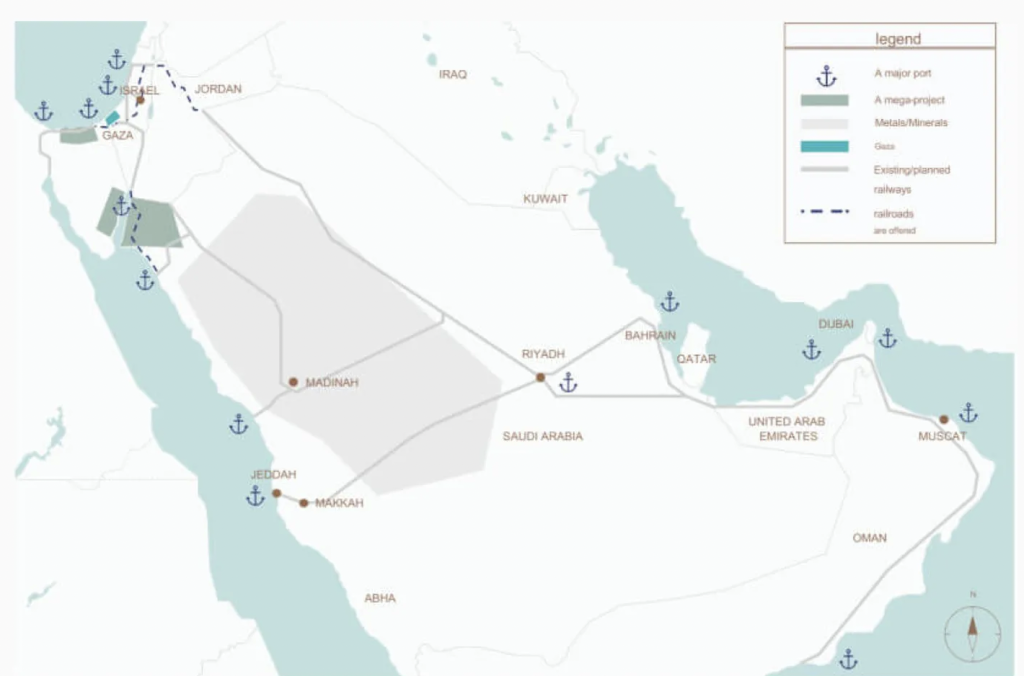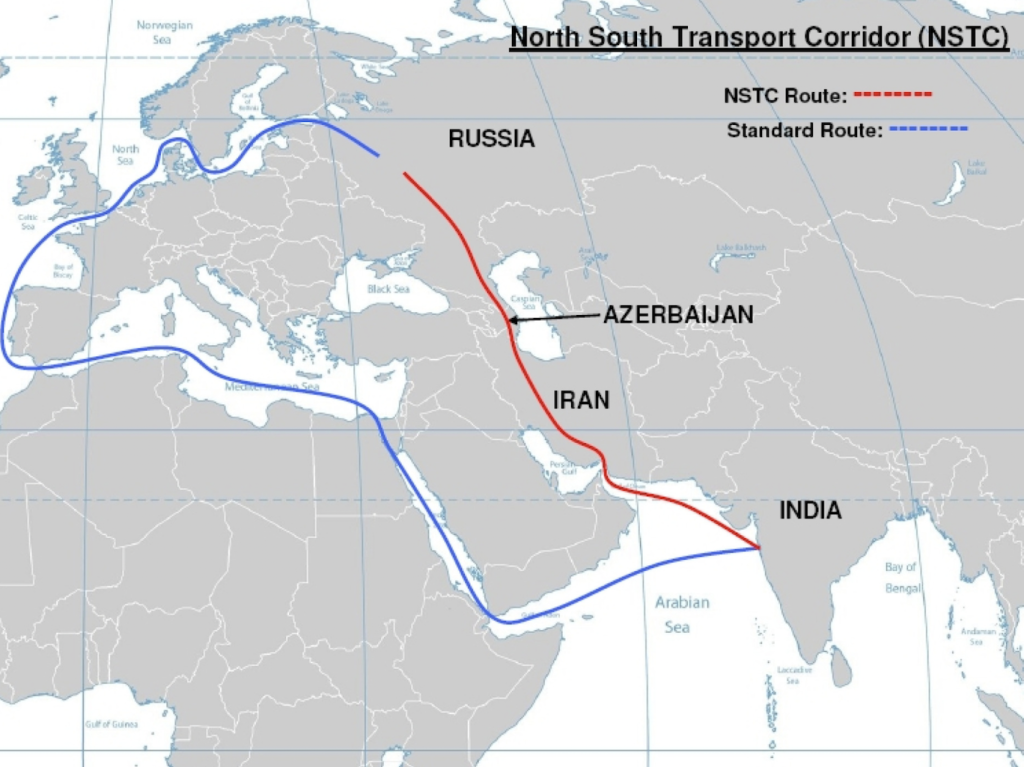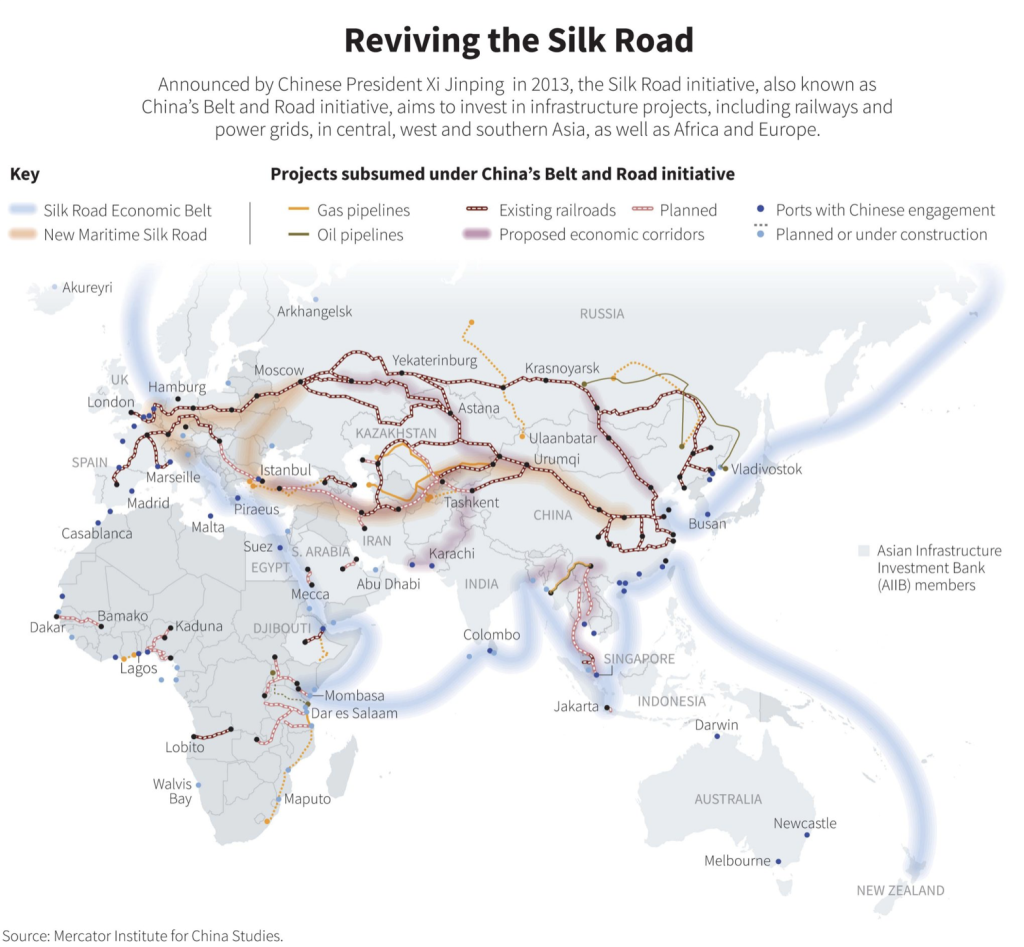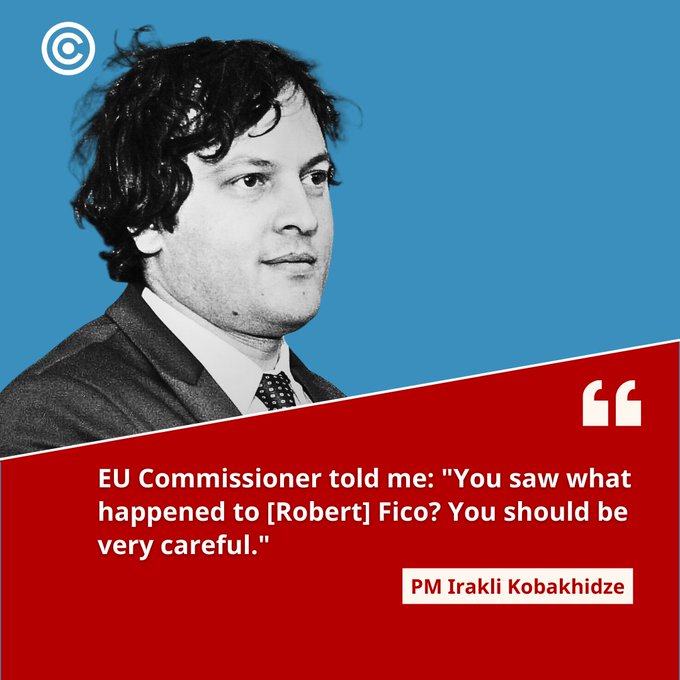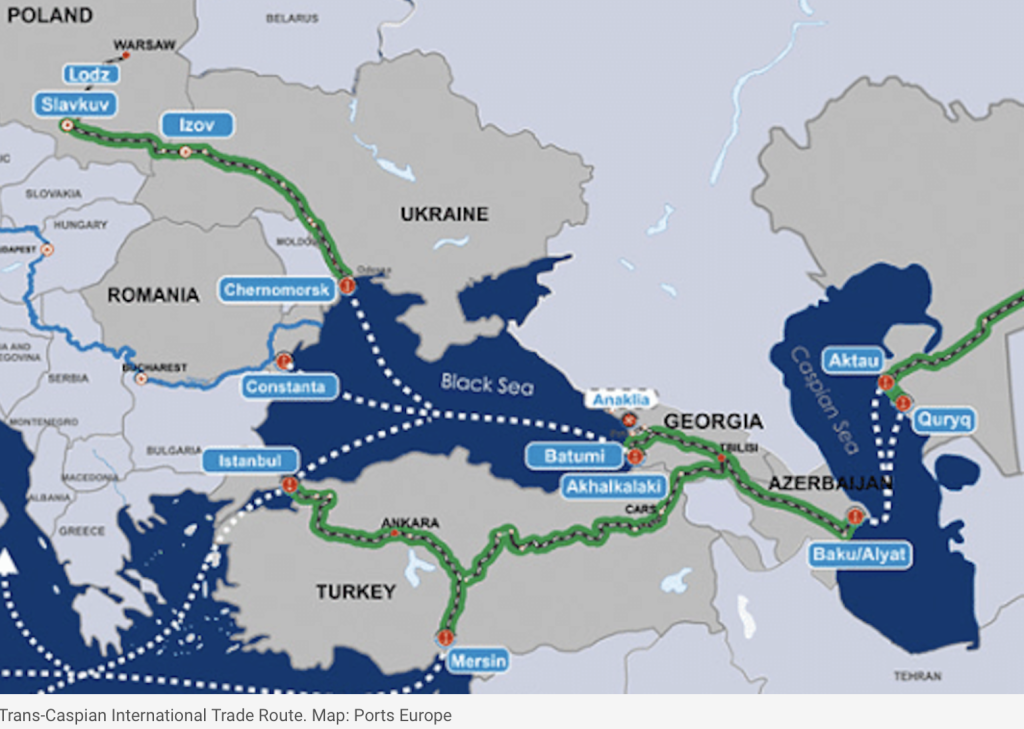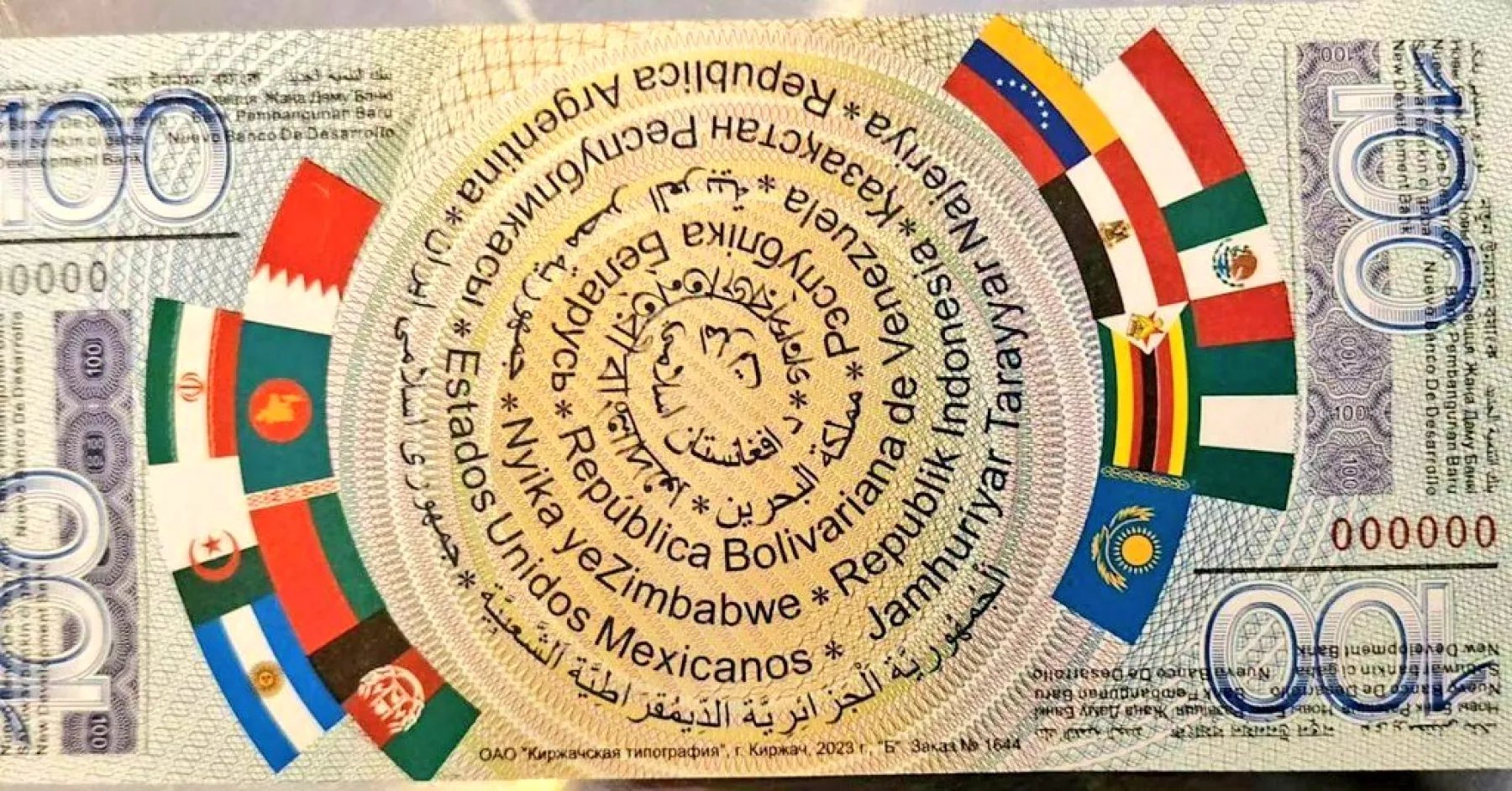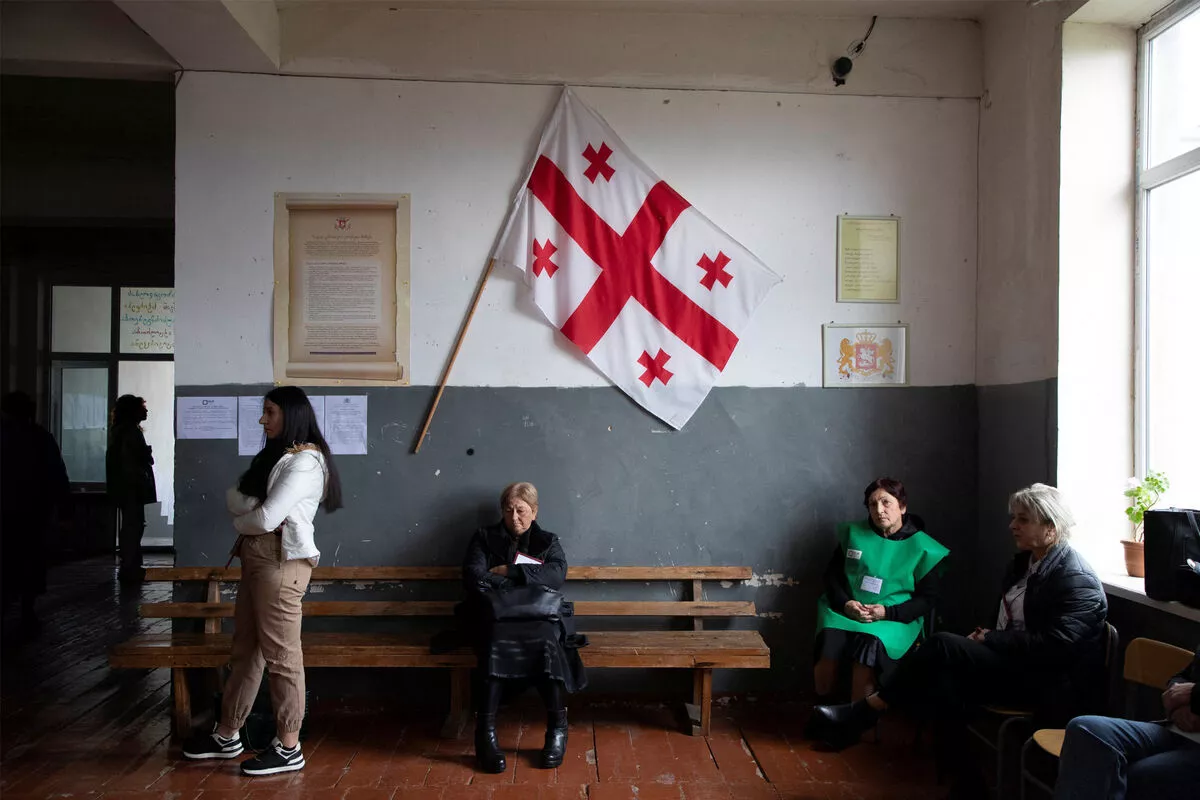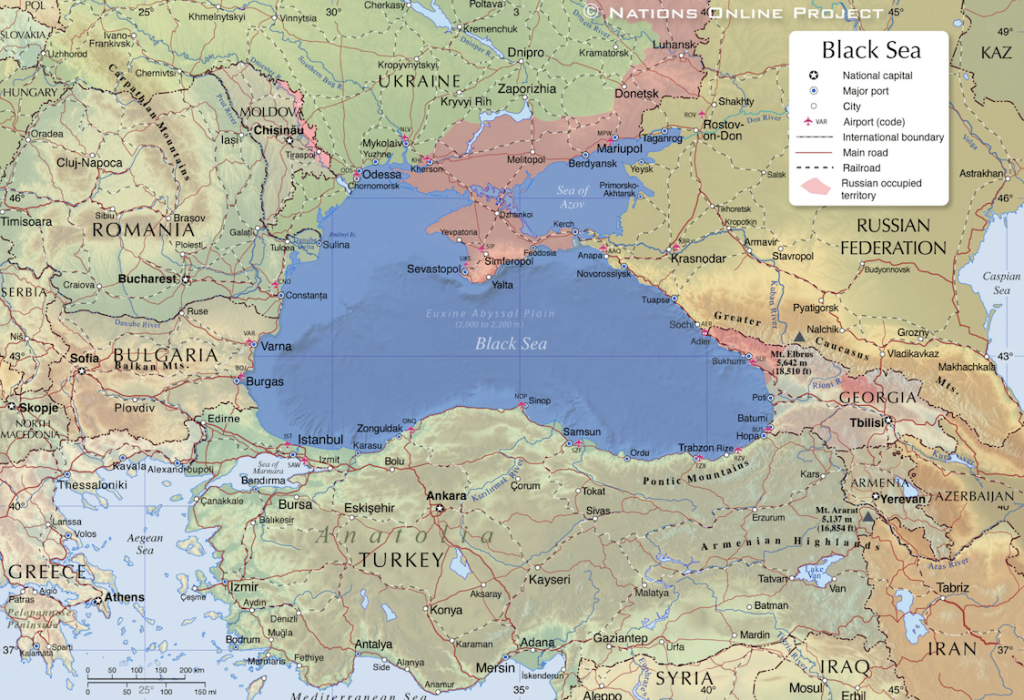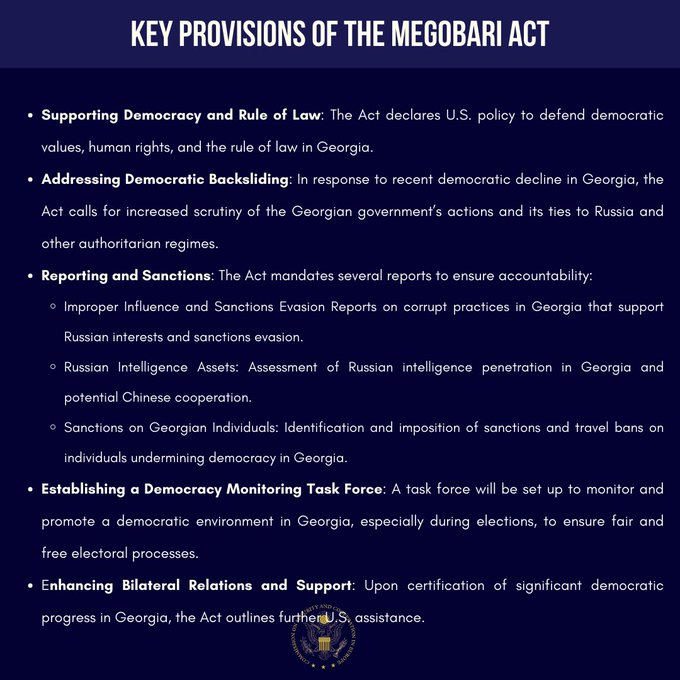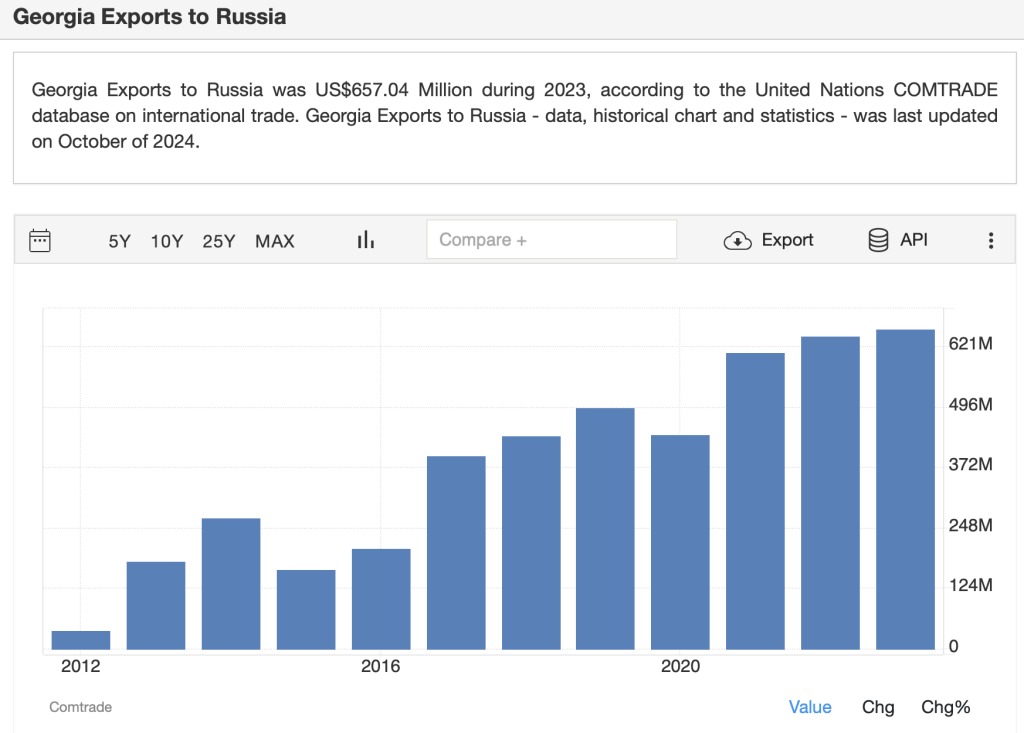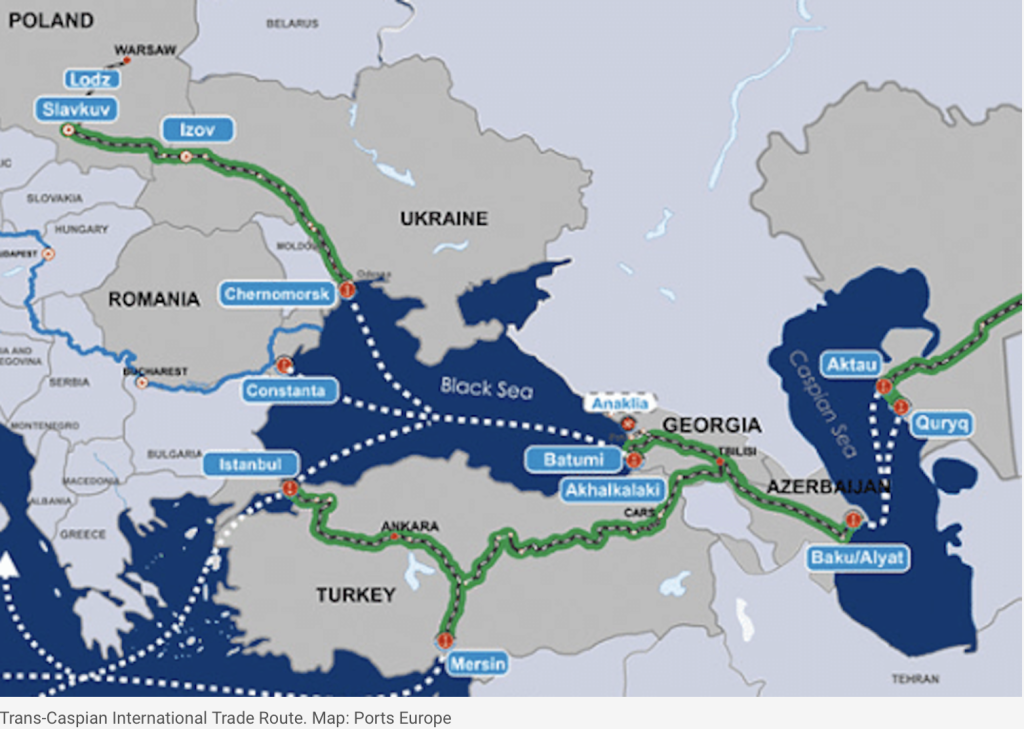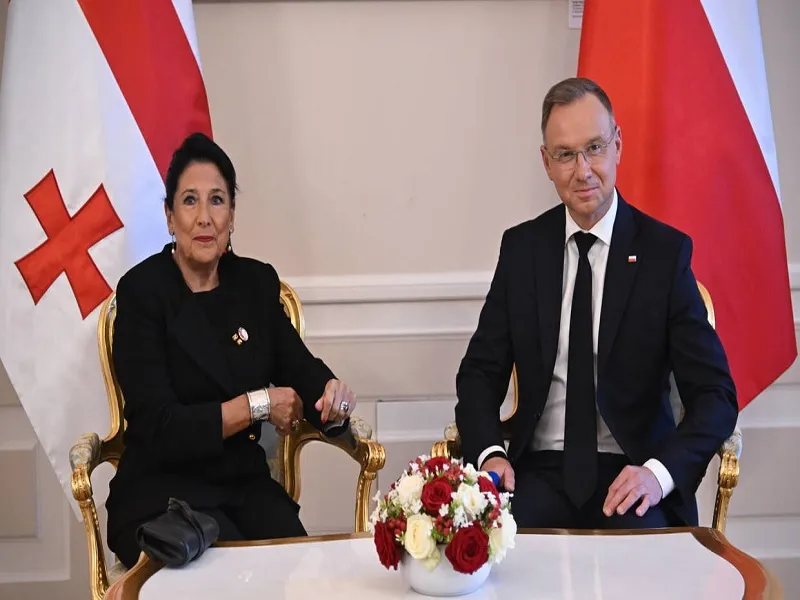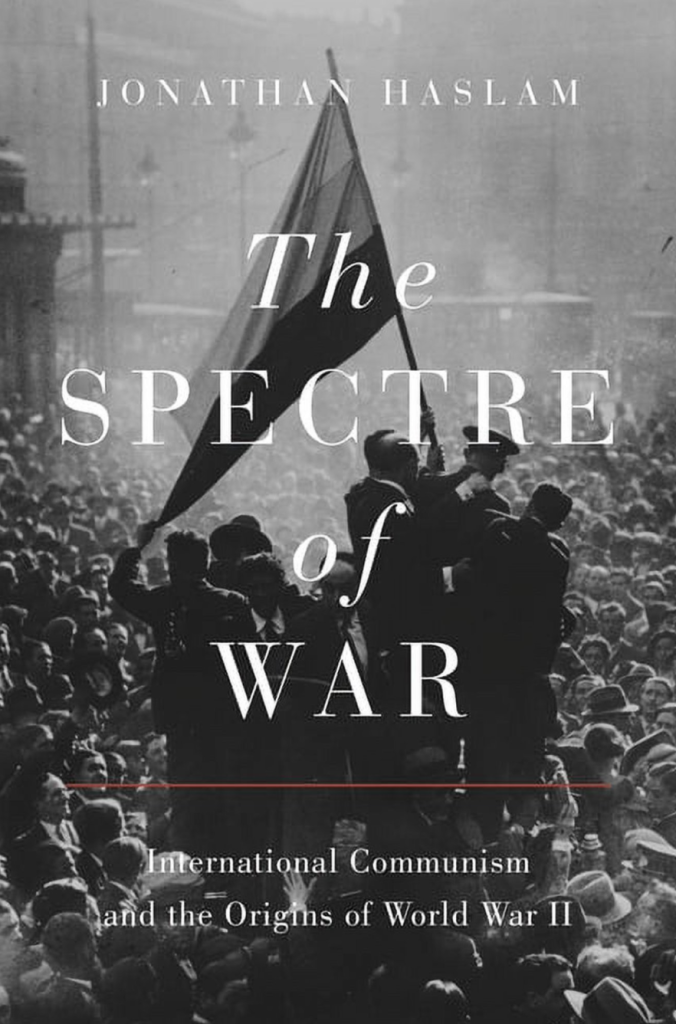
by John Helmer, Moscow @bears_with
According to the Russian Constitution amendments adopted in 2020, Vladimir Putin can run for re-election in 2030 and win another term until 2036, when he will be 84. The contest over the presidential succession may thus be postponed for another decade.
Or else it is under way already. That’s one of the stakes in the present argument in Moscow over how the Ukraine war should end between the General Staff and the Kremlin – between unconditional capitulation of the regime west of the Dnieper River to the Polish border, and the east-of-Dnieper terms Putin proposed at Istanbul in March 2022, and repeated in a speech to the Foreign Ministry this past June.
The debate in Moscow over the terms of Istanbul-I and of Putin’s proposed Istanbul-II involves much more than future control of the territories east of the Dnieper and of the territories to the west. The question is whether the military trust Putin to administer the outcome of the war which Russian voters believe has been won by the General Staff. In his June 14 speech Putin admitted to his audience of senior Foreign Ministry officials what they all knew – that he and the General Staff had disagreed over the “preservation of the Ukrainian sovereignty over these territories, provided Russia has a stable land bridge to Crimea.” Putin’s “land bridge” and other territorial concessions were dismissed by the General Staff.
One candidate has already tossed a military style cap into the succession race: this is Dmitry Medvedev, the one-term president and currently deputy secretary of the Security Council; he is 59 now, 71 in 2036.
In his Telegram platform, Medvedev has been a consistent advocate of the General Staff line: “In my opinion, recently, even theoretically, there has been one danger – the negotiation trap, into which our country could fall under certain circumstances; for example. Namely, the early unnecessary peace talks proposed by the international community and imposed on the Kiev regime with unclear prospects and consequences [Medvedev was referring to Istanbul-I]. After the neo-Nazis committed an act of terrorism in the Kursk region, everything has fallen into place. The idle chatter of unauthorized intermediaries on the topic of the beautiful world has been stopped. Now everyone understands everything, even if they don’t say it out loud. They understand that there will BE NO MORE NEGOTIATIONS UNTIL THE COMPLETE DEFEAT OF THE ENEMY! [Medvedev’s caps]”
Medvedev implies criticism of Putin but remains loyal in the hope of negotiating an amicable transfer of power between the two of them. At the same time Medvedev is signalling the General Staff that the military can trust him. But they don’t.
There is another succession candidate who is trusted by both the military and the voters, but who has not announced he is running. Putin is well aware of him; he has repeatedly tried to sideline him. This is Dmitry Rogozin, a presidential campaigner against Boris Yeltsin; Duma deputy and negotiator in Chechnya; ambassador to NATO; deputy prime minister in charge of the military industrial complex; head of Roskosmos, and now, after surviving a Ukrainian assassination attempt, senator for the Zaporozhye region in the Federation Council. Rogozin is 60; in 2036 he will be 72.
Rogozin is the son of a Russian Army general, grandson of a Russian Navy officer, great-grandson of a Red Army pilot, great-great-grandson of a general of the Russian Army in the war against Japan of 1904-05. Rogozin’s ancestors have been recorded in the Russian fight against the Teutonic Knights (13th century) and with Dmitry Pozharsky and Kuzma Minin in the war against the Poles (17th century). “That is to say,” Rogozin has written, “there have been some rather decent people in my family tree”.
In a recently published book, On the Western Front, Rogozin has said more explicitly: “The war against Ukrainian radical nationalism and Russophobia is not a confrontation between armies and military technologies, but our country’s response to an existential threat to our entire people, the entire Russian civilization. This is the restoration of historical justice. This is a common cause, in which the unity of the army, society and its political class must be manifested. This is the opportunity to kick out of the country (and not let back in!) the fifth column of traitors and globalisation-mongers. The war in Ukraine is a war for Ukraine and Russia, it is a holy war for the right of the Russian people to exist and reunite on their ancestral territory. This is a war against a much stronger and more resourceful enemy, a war to force the collective West, manipulated by the Anglo-Saxons and German revanchists, to recognize Russia’s right to a safe and independent future for our children. Therefore, there should be no ‘red lines’ for us in this war…I consider it fundamentally important to constantly show universal solidarity with our army. It is impossible to maintain the illusion that the army is ‘out there doing its job’, and we continue to live as before.”
A well-informed Moscow source explains: “I will agree that the General Staff have no friends in Kremlin. [Ex-Defense Minister Sergei] Shoigu and Putin’s mismanagement is blamed on them. Once they win the war, they will hit back. Or if they are not allowed to win, they will hit back. Among politicians Rogozin will be the only one with their confidence. His presence in the war zone earned him the respect of officers and men. He distanced himself from [Wagner rebel Yevgeny] Prigozhin in time. So he is not damaged goods.”
“How and when he can leverage this isn’t obvious,” the source adds a caution, warning that Putin understands the Army is a threat to his succession and is recruiting military officers to become his political protectors in the succession. Putin announced this scheme in a Kremlin ceremony on October 2, calling it “The Time of Heroes”.
The Moscow source comments: “I will not exclude several officers of mid rank – those Putin calls the new elite – will come into politics through Rodina at local and regional levels. The potency and potential is in mid ranking officers. Generals will be given cushy retirements. They will not go against Putin or the successor. This all has bad omens for Rogozin.”
Talk of the presidential succession in Moscow is strictly private. There has been no discussion, not even a passing reference to Rogozin’s credentials as a presidential candidate, in the mainstream media, in the running commentary on war operations in the military blogs, or in the nationalist press like Tsargrad.
Those who support him acknowledge the danger of provoking the Kremlin. “I don’t see any signs Putin will allow him to rise to that level” comments a Moscow source. He understands the debate over Putin’s end-of-war terms and territorial concessions is also a test of domestic political power, a rehearsal for the next presidential election.
Rogozin’s writing deals explicitly, and with the assurance of a direct participant in many of the policy and partisan battles, with ex-presidents Mikhail Gorbachev and Boris Yeltsin, their rise and fall from power, together with their associates. He is scathing towards the Russian foreign ministers Andrei Kozyrev (1990-96) and Igor Ivanov (1998-2004). He is not less so towards the “devilish trinity of Marx, Engels and Lenin”. “It has to be pointed out that the classics of Marxism and Leninism generally disliked Russia and the Russian people; therefore, the fact that socialism had been established for the long seventy years is to be regarded as a misunderstanding , a paradox and an irony of history. The contempt with which Karl Marx refers to the Slavic nations is simply astonishing.”
That quote is from Rogozin’s The Hawks of Peace, Notes of the Russian Ambassador, a collection of autobiographical essays published in English in 2013. The chapters reappear in the new Russian publication of 2023, On the Western Front, The Devil of Change.
Putin does not appear until Rogozin is more than half way through his book. “Young and energetic”, Rogozin acknowledged him at first. “[He] got down to business straight away…Frankly, I took a liking to ‘Putin the Hawk’.”

Left -- https://www.amazon.com/Hawks-Peace-Note ... mbassador/ Right -- https://www.google.ru/books/
Rogozin chronicles his direct dealings with Putin with neutral precision on several issues – Russian engagement with the European parliament; the Chechen wars, the Beslan hostage-taking (2004) and negotiations with the Chechen leader, Akhmad Kadyrov; the status of Transdniestria and Kaliningrad; and domestic party politics and electioneering. “My previous personal experience of contacts with Mr Putin led me to believe that we held similar views.” He identifies the points on which Putin did not agree with him. He also hints that Putin would lead him to believe one thing, then do another.
“’Why don’t we combine ideas of healthy conservatism with the struggle for social justice in this country that is ripped off by corrupt thieves and oligarchs?’ I thought and decided for the time being not to attempt to unconvince Putin as to the potential ideological and practical objectives of a new project that we had come up with.” This was in 2004. In his retelling of his career in political and military administration since then – Rogozin has doctorates for two theses, “Philosophy and Theory of Wars” and “Weapons theory, military-technical policy, weapons systems” — Rogozin has challenged Putin’s constituencies but not Putin directly.
Rogozin has been consistently hostile to Putin’s economic policy advisors, Anatoly Chubais and Alexei Kudrin, the longest standing leftovers Putin has preserved from the Yeltsin administration; and to the oligarchs whom Rogozin has castigated as their paymasters. “Astounding it is how people like [Chubais] came to power”, Rogozin comments in his 2013 book. His tongue was in his cheek, and in check: Rogozin implies he knows exactly how Chubais (and his protégé Kudrin) came to power and how they kept it through 2022.

The Kremlin archive records Rogozin’s direct meetings with both President Putin and President Dmitry Medvedev over 22 years. Top: July 30, 2002 – Putin meets Rogozin, then chairman of the State Duma Committee on International Affairs and Putin’s special envoy to the Kaliningrad Region. Below: April 12, 2022 – Putin and Rogozin meet in Blagoveschensk when Rogozin was General Director of the Roscosmos State Corporation for Space Activities. Putin signed a decree dismissing Rogozin twelve weeks later on July 15, 2022. The opposition platform Meduza reported from Latvia that “Roscosmos head Dmitry Rogozin is slated to join the Russian presidential administration in the near future, Meduza has learned from three sources close to the Kremlin and an acquaintance of Rogozin’s. Exactly what position Rogozin will take is still under discussion. According to one of Meduza’s sources, Rogozin is currently one of several candidates for chief of staff (the other candidates are unknown)… Another possibility, according to Meduza’s sources, is that Dmitry Rogozin will become one of the Kremlin’s supervisors for the self-proclaimed Donetsk and Luhansk people’s republics and the other Russian-occupied territories in Ukraine. In that case, Rogozin would officially be a presidential aide or a deputy chief of staff, and would replace Dmitry Kozak.” In the outcome, Rogozin was passed over for Kozak’s post, and instead Putin replaced him with Vladimir Medinsky. For the significance of Medinsky in Putin’s end-of-war negotiations with the US, read this. For Kozak’s role in running the Ukraine portfolio, read this. Before Kozak on the Ukraine portfolio, there was Vladislav Surkov. Surkov, Kozak and Rogozin are unacceptable to the US; all three are sanctioned. Medinsky is acceptable to Washington and is not sanctioned. For seventeen months after Putin had removed Rogozin from Roskosmos, the president delayed before announcing Rogozin’s appointment as senator for Zaporzhye on September 23, 2023. The milbloggers saluted: “Today, the commander of the ‘Tsar’s Wolves’ is perhaps the only senator in Russia, or even in the world, who fights on the front line. Rogozin once said that his main goal was to liberate Ukraine from fascism.” Putin had decided to subordinate Rogozin to Medinsky, and keep him out of Moscow.
In the prologue to his latest book, Rogozin writes: “I tried to write this book as truthfully as possible, reproducing important dialogues and details of events from memory. Of course, my assessments of the behaviour of specific politicians of the modern Russian and European eras may seem subjective to you, dear reader. All right. After all, I was a direct participant in the events described in the book. To some, these assessments will seem overly emotional, to others – completely politically incorrect. I apologize in advance. It’s all our bad Russian habit: to call a scoundrel a scoundrel, and a hero a hero…”
“Unfortunately, the events of recent years have confirmed all my previous concerns about the possible development of the situation in Ukraine. I could not ignore this topic, just as I could not help but speak out about the behavior of our so-called ‘cream of society’ in a time threatening for the Motherland. With such ‘friends of the people’, we don’t need enemies either. Even now, during the period of the Special Military Liberation Operation [sic], which is objectively inevitable, given the threats emanating from the Kiev junta to exterminate the Russian population of Ukraine and the approach of NATO’s military potential to our borders, little has changed in our ‘elite’. What can this ‘elite’ offer to the people of Ukraine being liberated by our army? How is it better than the Kiev ‘elite’, which has brought Ukraine to the bestiality of Russophobia? How can you pretend that nothing has happened in the country and continue to drink champagne and eat éclairs at fireworks festivals at the very moment when tens of thousands of our soldiers, risking their lives, are performing a combat mission? Do our people really have a split personality? Or those who do not stop having fun even in the most threatening moments for our army.”
A search of the Russian press has found no review essays or analyses of Rogozin’s books or the views he has advocated in his political commands. The Kremlin-directed television talk shows and the internet media like Vzglyad ignore him.
On the platform left to him, Rogozin reveals between the lines that the present and pressing context is the end-of-war negotiations being conducted by the Kremlin with Donald Trump and others.
On September 16 — “[NATO secretary-general
just retired Jens Stoltenberg is] the rarest specimen
of the earth’s freaks… The skeleton of Goebbels,
or whatever else was left of that bastard, was
even sweating with envy. It’s necessary to say something like Germany is not a party to the conflict with the USSR if its planes bomb Moscow. Listen Stoltenberg, tell your wife fairy tales that you spent too much time in the NATO library in the evening. Lying scum. Air strikes by NATO countries on the territory of our country are a declaration of war. There will be no other interpretation of this act of aggression. If you keep lying, I’ll go back to Brussels and box your ears, you disgusting liar. And then I’ll string you up on one of those poplars I planted there.”
On September 26 — “Yesterday overnight, several colleagues who worked with me in Brussels informed me, without giving too many details, that now the most important question that is being discussed in NATO is: how many days after the appearance of NATO troops in Ukraine, Russia will use nuclear weapons against them. That is, what will apply suddenly dawned on everyone, the only question is exactly how many days will remain before the Apocalypse. They argue — some say in two weeks; others say it will take no more than 10 days.”

“[Putin] Thus, the draft Basic Principles expand the category of states and military alliances in respect of which nuclear deterrence is exercised and expand the list of military threats to be neutralised by nuclear deterrence measures. I would like to draw your attention specifically to the following. The updated version of the document is supposed to regard an aggression against Russia from any non-nuclear state but involving or supported by any nuclear state as their joint attack against the Russian Federation. It also states clearly the conditions for Russia’s transition to the use of nuclear weapons. We will consider such a possibility once we receive reliable information about a massive launch of air and space attack weapons and their crossing our state border. I mean strategic and tactical aircraft, cruise missiles, UAVs, hypersonic and other aircraft.” Source: http://en.kremlin.ru/
In the Security Council Putin had spoken of a draft of the revised nuclear deterrence to include non-nuclear states like Ukraine, Romania, Poland and Germany acting under US control; the implication in the Kremlin communiqué was that the president was delaying his personal approval of the “updates…proposed in terms of defining the conditions for using nuclear weapons.”
In Rogozin’s view, the Russian decision to use nuclear weapons against the non-nuclear states allowing the US to store, install and aim their nuclear weapons at Russian targets is a collective military decision, and that it has been made.
“This time, reports on the results of yesterday’s meeting of our Security Council were perceived in Brussels not as bluff and empty threats, but more than seriously. In the corridors of the Brussels headquarters of the North Atlantic Alliance, after reading the embassy dispatches from Moscow, the fear of losing everything in the imminent and rapidly impending nuclear conflict began to spread with the speed of a stink. Well, yes, it’s one thing to poison a Russian bear locked in a cage, it’s another thing to go into his cage after all this harassment. You can make good money by pitting Russia against Ukraine, this bastard product of Bolshevism. But to die for Ukraine? No, of course not. In the West, no one is ready for such a development of this story. And if we really prove, probably not to them, but, above all, to ourselves, that we are ready to go on to the end, then this is the only way to stop the bloodshed and defeat the collective enemy. If we falter, we will begin to dodge, dodge, fawn — death awaits us.”

Source: https://t.me/rogozin_do/6389
“Today, on September 30, our country celebrates a memorable date – the Day of the reunification of the Donetsk People’s Republic, the Lugansk People’s Republic, the Zaporozhye region and the Kherson region with the Russian Federation. On this day in 2022 in the Kremlin, Russian President Vladimir Putin, the heads of the two people’s republics and the two regions signed international agreements on entering (more correctly to say, return) of the regions of Novorossiya to Russia – based on the results of earlier referendums. And this means that the capital of my region is the city of Zaporozhye, as well as Stepnorsk, Gulyaipol, Orekhov should be liberated from the presence of foreign troops – Ukrainian and NATO… If we do not want the war to spread to our children and grandchildren, we must finally crush this bastion and go further to the Polish border. Otherwise, the bloodshed and threats of Russia and the Russian people will never end.”
Last year in the book On the Western Front Rogozin had written: “The country and society must live by the interests of the front. The one who is ready to go to the end always wins. And our people are ready to go into battle only for a clear goal for them. Not for money. You can learn to kill for money, but you can’t learn to die for money. Our army in Ukraine is fighting for the Motherland. We have no right to lose. This is our army and our destiny.”
This means no Kremlin negotiations until the Russian Army reaches the Polish border, and on the way eliminates the regime in Kiev.
https://johnhelmer.net/dmitry-rogozin-f ... more-90451
*****
The Great Game’s other principal presenter: Dmitry Simes
As I noted on these pages more than a year ago, Dmitry Simes, the former adviser and traveling companion of Richard Nixon in his post-presidential years, later, following the president’s death, head of the Nixon Center think tank, which was eventually renamed The Center for the National Interest, this Dmitry Simes picked up stakes and moved back to his native Russia in the days immediately following the start of the Special Military Operation in Ukraine. He took this decision because it had become clear to him that his fair-minded, fact-based approach to Russian affairs had become untenable in present American political conditions of nearly hysterical Russophobia. Upon moving, Simes received a prestigious and well-paying appointment as one of the three presenters on Russia’s most authoritative political talk show, The Great Game.
In fact, when he was still head of the Washington think tank and responsible for its widely read publications, Simes already accumulated years of experience working with the founder and chief moderator of Russia’s leading talk show, the highly visible United Russia politician and statesman, Vyacheslav Nikonov. Simes was then the Washington anchor for the show’s ‘tele-bridge’ broadcasts during which he mostly presented his observations on latest developments in American political life and interviewed many outstanding public figures, in English, of course, with Russian simultaneous translation.
Simes’ new employment following his move to Moscow did not pass unnoticed by the powers that be in Washington, and several months ago the FBI entered the home he left behind in Virginia, confiscated his papers and other possessions. Charges were subsequently brought against Simes for financial crimes of ‘money laundering’ (meaning investing his spare cash in paintings and other antiques kept in his house) and for violating the standing prohibition on working for what are called Russian state propaganda broadcasters.
Despite these legal problems in the States, Simes performs his duties on The Great Game with his characteristic professionalism. I regret that I do not regularly watch his segment of the nearly 3 hours that this news wrap and panel discussion show appears on Pervy Kanal each weekday, but there are limits to how long one can sit in front of the tube and still have time to engage with the real world and to write. All three segments can be viewed as podcasts on www.rutube.ru
*****
This morning, I decided to see what Simes is up to and I was not disappointed. He had his own panel of guests, different from those who appeared on the first segment with Nikonov. These guests included the Chairman of the Duma committee on defense, Andrei Kartapolov, and Andrei Sushentsov, the dean of international affairs in MGIMO University, an institution which is best known for training the vast majority of Russia’s senior diplomats including its long-time Minister of Foreign Affairs, Sergei Lavrov.
The lead subjects of Simes’ segment were the very same items that you could find on the 20.00 o’clock prime time Vesti news wrap-up on Rossiya 1 yesterday but they were dealt with more profoundly by these and the other panelists who are insiders with hands-on responsibility, as opposed to journalists or the usual contingent of political scientists.
Kartapolov opened with some remarks on a matter in which he is directly involved at present: seeing the agreement on strategic cooperation with North Korea, which includes provisions for mutual defense, through the ratification process in the State Duma. He then moved on to a more tantalizing subject, namely the ongoing state visit of Russia’s Defense Minister Belousov in Beijing, observing how both Russians and Chinese projected self-confidence: “both parties are ready to defend their shared political, economic and military interests and objectives with military force.” The mention of military force here was not casual and slotted perfectly into what Sushentov had to say on behalf of MGIMO.
Dean Sushentsov and one other representative of MGIMO, neither of whom is a regular guest on talk shows, were present yesterday to mark the 80th anniversary of the founding of MGIMO by the Communist leader Molotov.
Molotov just happens to be the grandfather of the principal host of The Great Game, Vyacheslav Nikonov, which might explain the special interest the institution attracted on this show yesterday. But then again, MGIMO just happens to be the alma mater of a broad array of present-day leading statesmen in Russia and abroad. Several photos of such statesmen were put up on the screen, including one of the president of Azerbaijan, Ilham Aliyev, and the president of Kazakhstan, Kassym-Jomart Tokayev.
Returning to Sushentsov, it is noteworthy that he is just 41 and clearly a rising star in the Russian academic and foreign policy world. Within the field, he has specialized in American studies. He is the author of a textbook entitled “Megatrends: the basic trajectories in the evolution of the world order in the 21st century.” The titles of all his scholarly works are highly attractive, none more so than “Keeping Sane in a Crumbling World.”
Sushentsov used his turn at the microphone to mention that MGIMO has been awarded the state Order of Alexander Nevsky, the significance of which he explained. In a word, Grand Prince Alexander Nevsky of Novgorod was a 13th century warrior-diplomat who was eventually admitted to sainthood by the Church. He was victorious over the Livonian (German – Swedish) Order as military commander in a famous battle on the ice of Lake Chudskoye. He was also the diplomat who found a modus vivendi with the Mongol Horde that had taken possession of all of European Russia. In the context of MGIMO, this award confirms that diplomacy must be based on strength. This meshed with Duma member Kartapolov’s statement earlier in the show that both Russia and China have the strength to deal with the West, “which only understands force.”
*****
As regards relations with China, Kartapolov and Simes agreed that the closeness in military relations between the two today was something utterly unforeseeable just five years ago. For this, of course, they have to be thankful to Washington for its utterly mad decision to encircle, contain and threaten both great powers simultaneously.
I close today’s edition with a remark on a very interesting exchange with respect to the visit in Beijing of Defense Minister Belousov that took place in the first segment of The Great Game moderated by Nikonov. He and a Chinese specialist in his 30s who is a frequent guest on the show discussed the timing of the Minister’s visit, which happens to coincide with the unprecedented Chinese ‘naval exercises’ that have closed the Taiwan Strait and encircled the island of Taiwan in a sort of dress rehearsal for its forced integration into the PRC. The specialist insisted that the timing of the naval blockade was unforeseen, triggered by a speech avowing independence by the President in Taiwan last Thursday. Meanwhile, the visit of Belousov had been planned well in advance to follow and share conclusions about the recently concluded joint naval exercises in the Pacific and elsewhere by some 400 Chinese and Russian ships. Nonetheless, this fortuitous coincidence was welcomed by both the Chinese and Russian sides as a timely opportunity to exchange notes on the overall security situation in East Asia, in West Asia at a time of high global tensions.
The video images of Belousov and his Chinese counterpart at their concluding statements to the press shows both sides to be relaxed and the atmosphere to be cordial. This would suggest that if the Chinese are coaxing the Russians to restrain Iran in its growing confrontation with Israel, they are doing so in friendly and trusting manner.
©Gilbert Doctorow, 2024
https://gilbertdoctorow.com/2024/10/16/ ... try-simes/
******
The ruble has become the main currency for settlements with Asian countries for the first time
Central Bank: Ruble Becomes Main Currency for Payments for Imports from Asia for the First Time
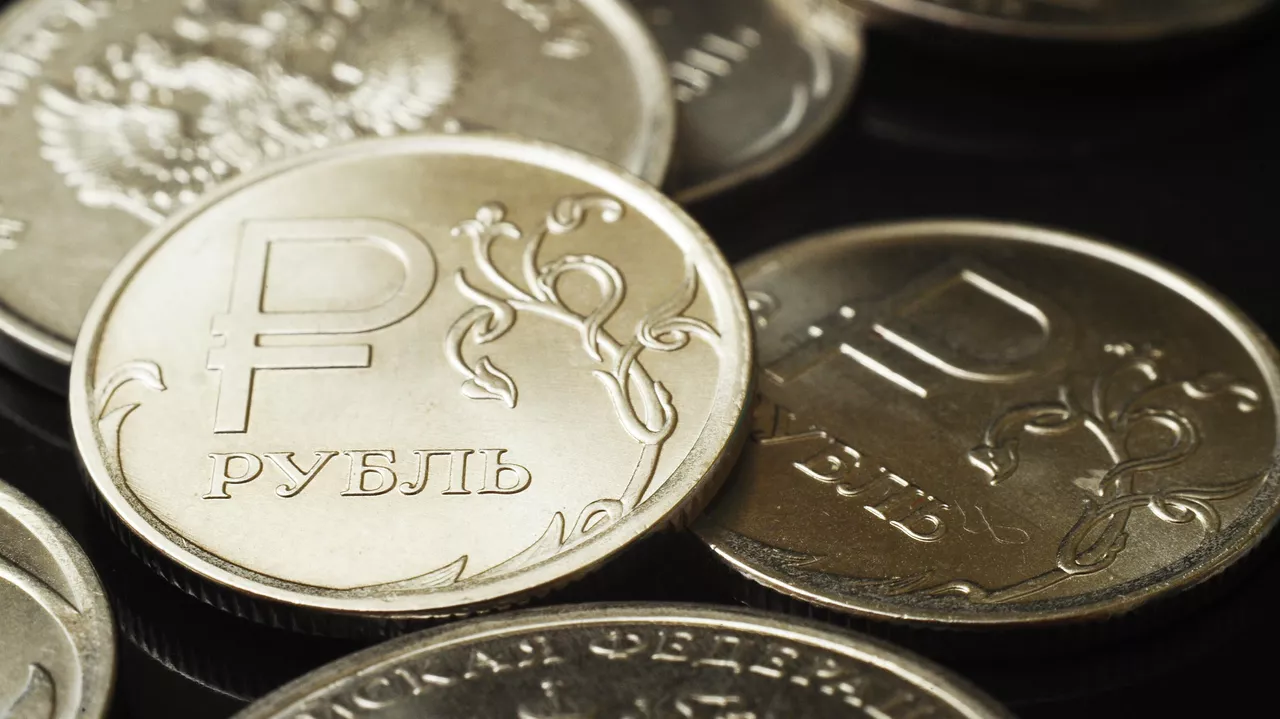
© RIA Novosti / Alexey Sukhorukov
MOSCOW, 15 Oct — RIA Novosti. The ruble became the main currency for payments for imports of goods and services from Asian countries for the first time in August, according to RIA Novosti’s analysis of data from the Bank of Russia.
At the end of summer, its share in payments reached a record 43.6% against 42.9% a month earlier. At the same time, the share of the ruble exceeded the currencies of friendly countries in August by 0.6 percentage points, which allowed the Russian currency to become the main one for paying for deliveries.
The ruble has become Russia's main foreign trade currency
The last time the ruble exceeded the share of friendly currencies in imports from Asian countries was in February 2022, but then the main settlements were made in "toxic" currencies.
The ruble also took a record share in payments for African goods, increasing by 0.5 percentage points to 69.9%, as well as for deliveries from Oceania, where it is used to pay for 84.3%.
Overall, the Russian currency began to be used in imports slightly less in August — 44.7% against 45.9% in July. At the same time, the share of friendly currencies also decreased — by 2.2 percentage points, to 31.2%. But the main beneficiaries were the "toxic" currencies, which began to pay for 24.1% of Russian imports against 20.7% a month earlier.
This was mainly due to an increase in the share of unfriendly currencies in payments for imports from Asia (+1.1 percentage points, 13.3%), America (+8.3 percentage points, 71%) and Europe (+6.9 percentage points, 49.3%).
https://ria.ru/20241015/rubl-1978210545.html
Google Translator
******
Navalny aides accused of legitimizing fraudsters
October 15, 2024 natyliesb
The Bell, 10/7/24
‘Reputation whitewashing’ scandal rocks Russian opposition
Yet another scandal is tearing the Russian opposition apart. This time, the Anti-Corruption Foundation (FBK), set up by the late Alexei Navalny, is under fire. Maxim Katz, a former municipal deputy turned popular YouTuber, released an investigation that accuses the foundation of close ties with fugitive Russian bankers and alleged that the organization is receiving funds from people who are accused of fraud.
*Katz’s video is dedicated to Alexander Zheleznyak and Sergei Leontiev, the former co-founders of Probusinessbank. In the 2010s, the bank ranked 51st in Russia in terms of its assets, but it was stripped of its license by the Central Bank in 2015 and later filed for bankruptcy. When checking the bank’s financial situation, the regulator found large-scale operations to withdraw assets and losses caused by the bank’s management, estimated to run into hundreds of millions of dollars. In 2017, Zheleznyak and Leontiev, who fled Russia as soon as Probusinessbank hit trouble, were arrested in absentia.
*In his investigation, Katz leaned heavily on the long-established facts of the Probusinessbank case, adding in some previously unpublished documents. Katz got these from a group of former depositors, led by Nerses Grigoryan, who are trying to sue to recover their money. The main allegation is that Zheleznyak and Leontiev stole billions from depositors in Probusinessbank and then fled Russia. Once in the West, they reinvented themselves as entrepreneurs persecuted because of their criticisms of Putin’s regime.
*Zheleznyak and Leontiev repeatedly claimed that their troubles with the authorities began after 2012 following an attempt to launch a bank card from which 1% of purchases would be transferred to Navalny’s Anti-Corruption Foundation — at the bank’s expense rather than the cardholder’s. There were talks about releasing the card, but it never saw the light of day. Zheleznyak and Leontiev allegedly had to abandon the idea amid pressure from the government and the Central Bank. Katz disputes this account, saying that there were no visible sanctions from the authorities at the time. Later, Probusinessbank was entrusted with rehabilitating a bank that ran into problems and Zheleznyak was even presented with a state award and worked on the State Duma’s expert council on security and combating corruption.
*Zheleznyak and Leontiev have played a noticeable role in the Anti-Corruption Foundation from abroad in recent years. Katz alleges they have used it to try to whitewash their reputations. Zheleznyak was the founder of the group’s legal entity in the United States and signs important documents on its behalf each month, while Leontiev makes a monthly donation of $20,000.
*After the investigation was released, the Anti-Corruption Foundation’s leading figures did not comment on the substance of the allegations and called for their followers to wait for a more “detailed response” to follow. Chair Maria Pevchikh complained that “we will have to do this to the detriment of our real work.” Leonid Volkov, one of its directors who was last year embroiled in a scandal over issuing a letter in support of sanctioned Russian oligarchs, dismissed all claims of “whitewashing.”
*Mikhail Khodorkovsky, former oil magnate turned opposition figure who is also embroiled in a row with the Anti-Corruption Foundation over separate allegations, said that he was shocked at the reaction from the group and its failure to give a detailed response. “When an outrageous situation becomes public it raises the question of the need for greater transparency in the funding of opposition forces and the compliance of their activities with Western legal standards,” he said.
Why the world should care:
After the war in Ukraine and especially after the death of Alexei Navalny, there were great hopes for unity among the opposition in exile. This latest scandal shows yet again that this is unlikely to happen — at least in the foreseeable future. For now, it seems that key figures and groups are more interested in fighting their own turf wars than joining a collective struggle against the Putin regime.
https://natyliesbaldwin.com/2024/10/nav ... raudsters/
Well, Navalny was a fraud, so why not?
